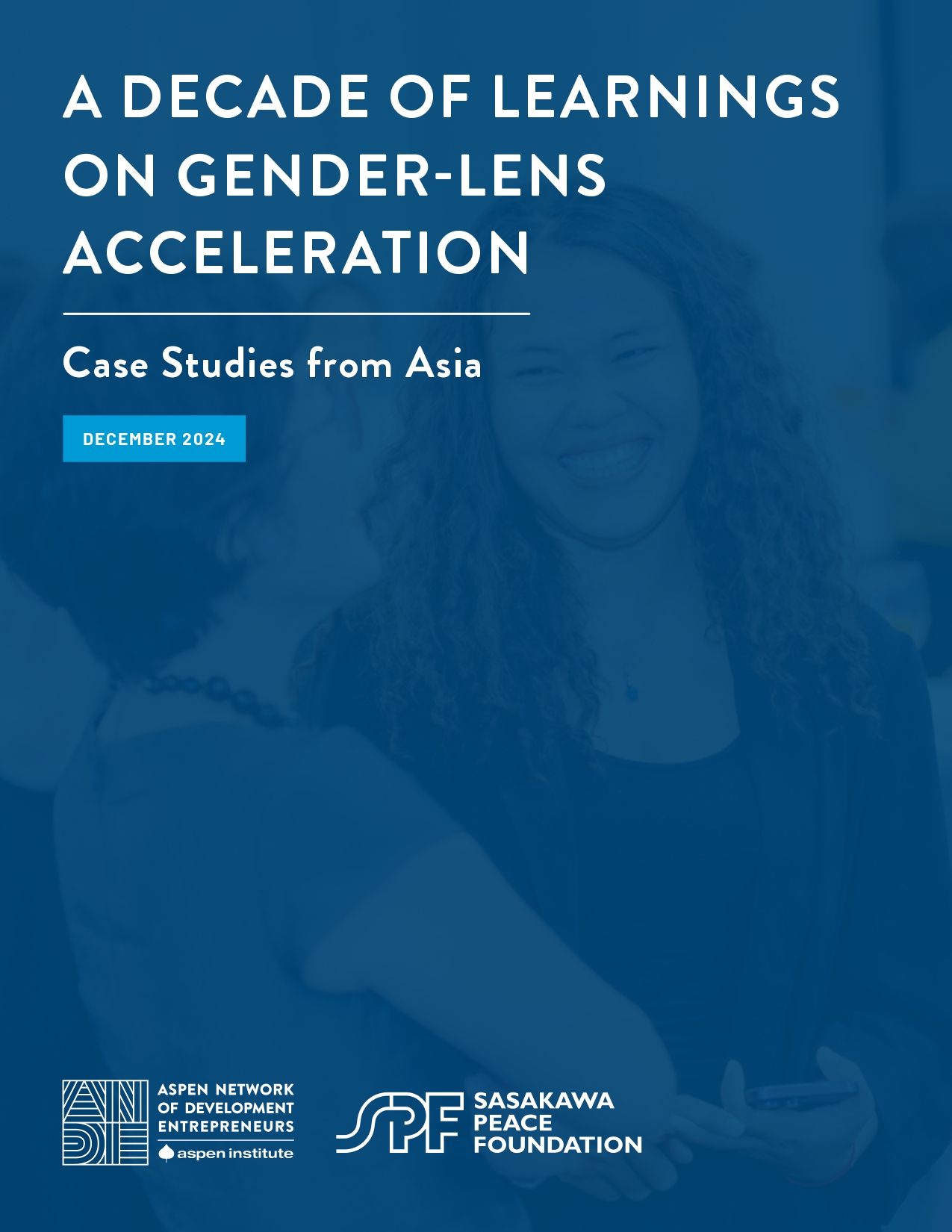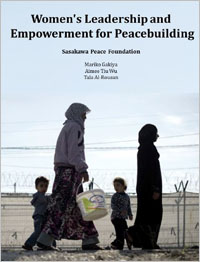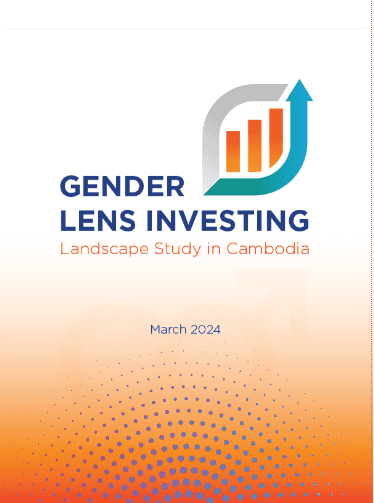The report started out by reviewing the global perspectives of theoretical evolution of women`s leadership and highlighting the empirical evidence associated with essential benefits of Women's empowerment for the SDG agenda by UN, and later brought the central focus on pivotal roles women play in the context of peace and security during humanitarian crisis.
Conventionally, the discussion on women's participation under this context regards women as vulnerable and victims of violence and conflict; however, the report presented numerous cases of interventions that harness women's contributions in conflict prevention, peacemaking, and post conflict reconstruction efforts, arguing that nature of women`s leadership styles and values, which tend to place high priority on meeting the needs of the disadvantaged and the impoverished population and to focus on collaboration and distributed decision making power, are beneficial and essential to bring all the stakeholders in peacebuilding for the purpose to its enduring peace.
The report reveals that the presence of women at all levels of governance tends to have a stabilizing effect on communities and countries throughout peacemaking processes. It also cites the findings from various studies how the involvement of women can reduce the risk of conflict and increase the success of peace negotiation and subsequent peace building.
Given the urgency of global security threat, we face "the worst refugee and humanitarian crisis since World War II" resulting from the catastrophic civil wars in the Middle East. To create the comprehensive resolution for peace in this humanitarian disaster, it requires a new collaborative and inclusive approach to work with women, harnessing their wisdom, knowledge and skills.
In conclusion, this report proposes the criticality of further research to improve the leadership skills and activities of women waging peace, with a focus on ensuring the mental and general health of the women, supporting social networks and building women's capacities in peace-negotiation, leadership and civic engagement skills, as well as expanding their income-generating opportunities through occupational training to improve socioeconomic status.
The overarching theme of this integrated implementation strategy for research is to examine how peacebuilding initiatives and policies are designed and implemented, outcomes can be used to measure the potential impact of the intervention in the proposed areas, with the goal of refining policy recommendations for securing peace for global outreach.


